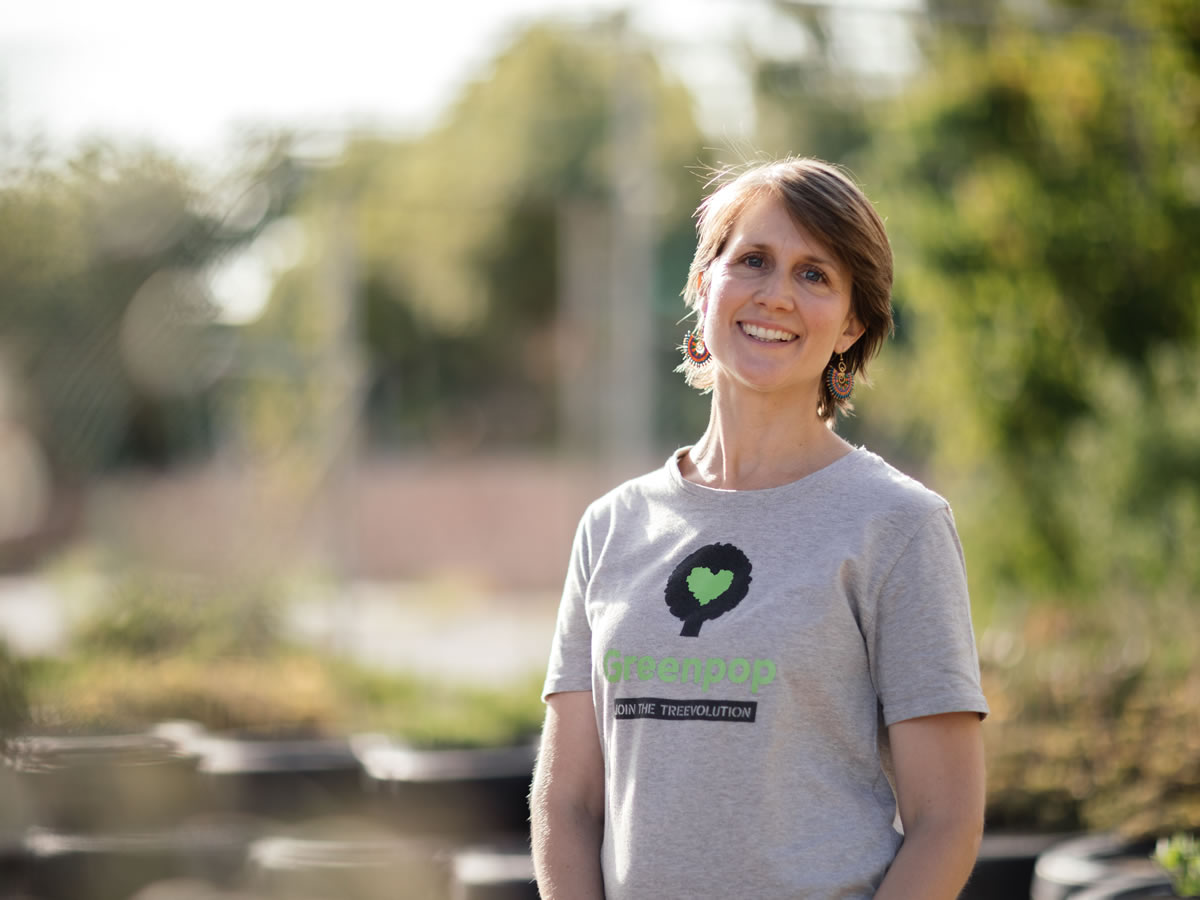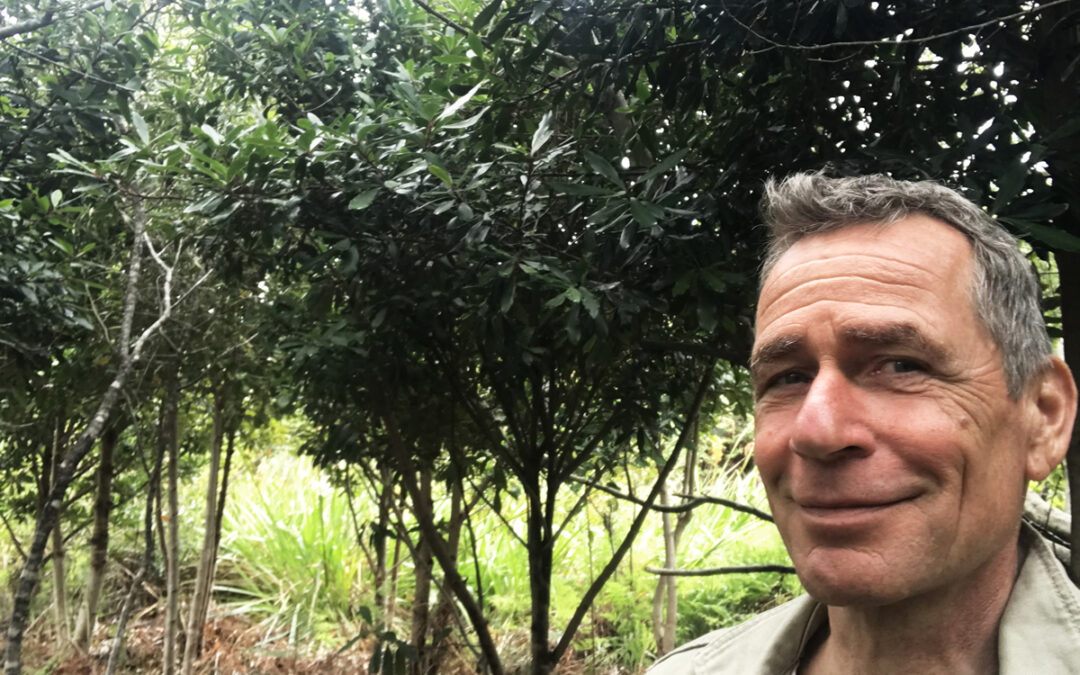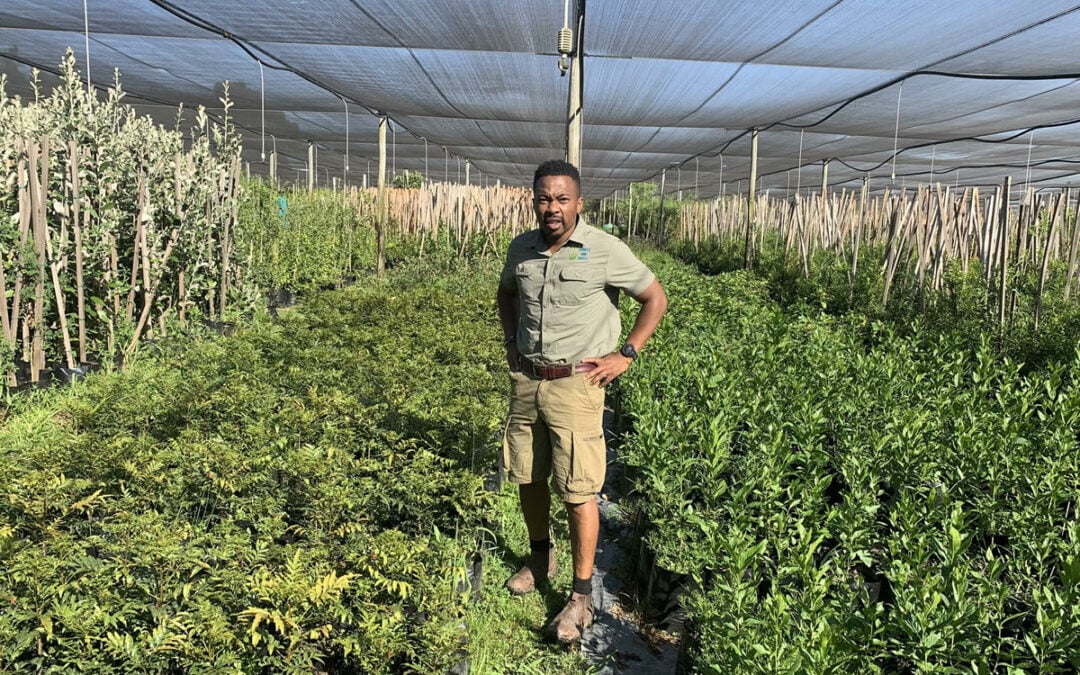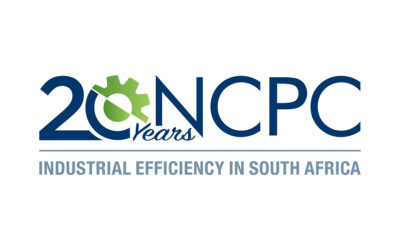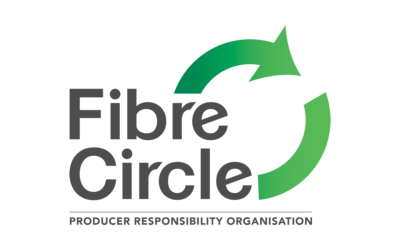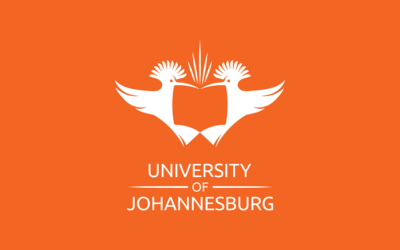“As one of the most rapidly urbanising continents, the ecosystems of Africa are becoming ever more threatened. To Lauren Teasdale, co-founder and managing director of Greenpop, it is imperative that natural spaces are protected and that development takes place with nature as a top priority.
While she was working as a writer, Teasdale and her partner, Misha, had the idea for a small project that would one day become Greenpop.
“Misha, a group of friends and I wanted to plant 1 000 trees to compensate for the travel footprint of a trip Misha had recently done, and also because we all had environmental footprints and had never done anything about it,” says Teasdale.
They pledged to plant 1 000 trees in one month and, as the writer in the group, Lauren was tasked with all the communications for the project.
“I learned so much in that time: why, where and how to plant trees, what people in South Africa thought about trees, and how we could grow a culture of planting trees and, ultimately, hope.”
Once this initial, month-long project had come to an end, it felt natural for the couple and a friend, Jenny, to continue growing Greenpop. Ten years later, they have planted more than 130 000 trees. Greenpop has also hosted 572 sustainable development workshops, planted seven fynbos biodiversity gardens, and painted 20 conservation and nature-themed murals.
“I call Greenpop my first child because Misha and I started the organisation together,” says Teasdale. “It sometimes feels like we’ve birthed a child who teaches us so many lessons, thrills us and challenges us every day. I’m very blessed to say that I love what I do and I believe that restoration work is critically important.”
The philosophy of Greenpop takes into account South Africa’s unique sociopolitical context.
“South Africa is one of the most unequal societies in the world,” says Teasdale. “Green space and valuable ecosystem services should be equally accessible to everyone. Unfortunately, the most vulnerable communities often lose access to these services first.”
Motivated by the recent devastating drought in the Western Cape, which peaked in 2018, Greenpop realised the need to prioritise restoring the Cape’s fynbos ecosystems. Their Fynbos for the Future programme plants water-wise fynbos gardens in under-greened schools in the Cape Flats. Besides the biodiversity these gardens bring, they also create opportunities for learning and inspire community members to take an active interest in the environment.
The company’s Forests for Life programme has an ambitious goal: they’ve pledged to plant 500 000 trees by 2025. Their aim is to restore degraded forest areas, increase biodiversity and expand ecosystem services across sub-Saharan Africa.
“In addition to putting trees in the ground, we reduce threats to restored areas by providing locally relevant support services, including alien clearing, wood lot development and alternative livelihoods training, to ensure the sustainable management of our forests,” says Teasdale.
In collaboration with The Big Food Drive and Urban Harvest, Greenpop is also launching a food accessibility project. The project will start by creating a large community food garden in Cape Town’s Masiphumelele township in 2021, with the aim to spread the project further into the future.
To Greenpop, sustainability is not just about planting trees, but needs to be approached with a more holistic understanding.
“We need to think about sustainability in everything we do – how we live, what we buy, what we eat, what we wear, how we travel,” says Teasdale. “Our planet’s resources are finite. Sustainability has to be a top priority for everyone in everything we do.””
“It’s time to move from our culture of extraction to a new culture of restoration – for the sake of our children and all life on Earth.”
